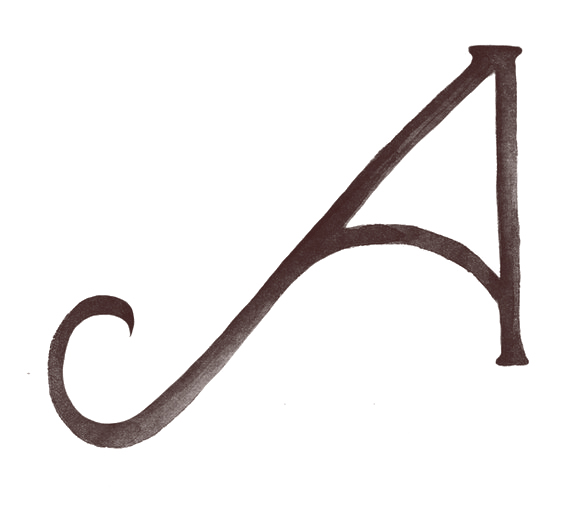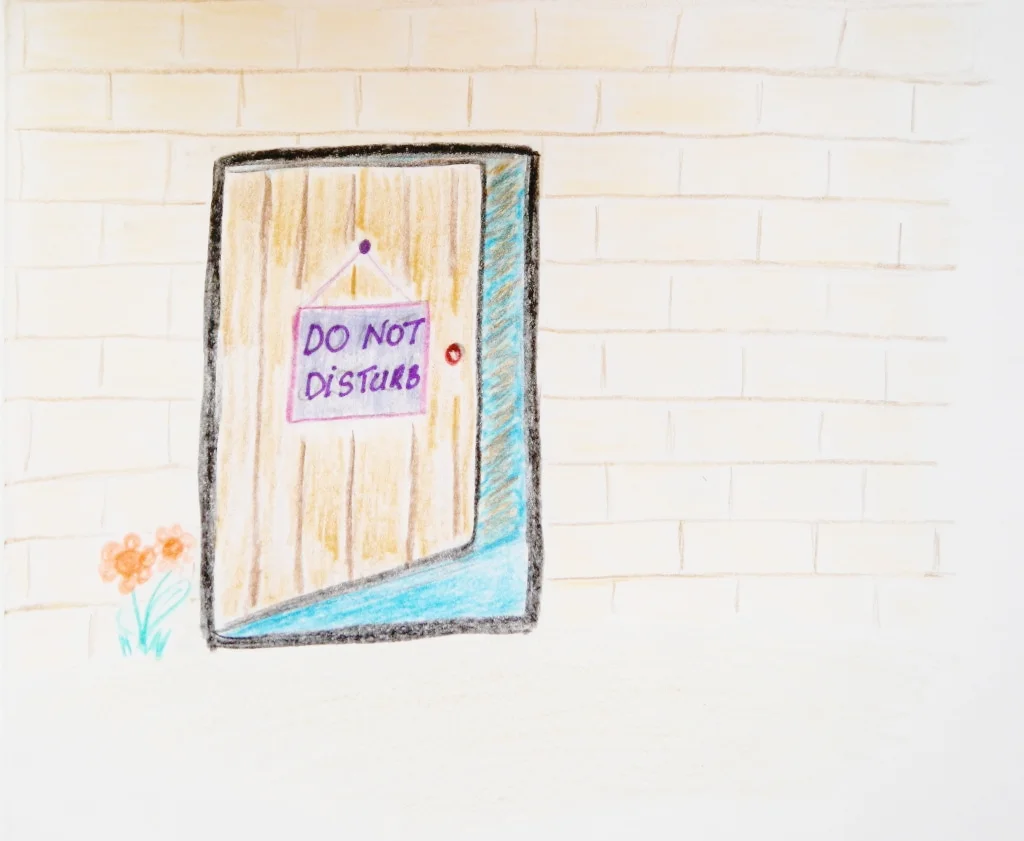Writer in, editor out
When you write your first drafts do you spill words onto the page — page after page — never looking back, not once editing a line or shaping a sentence until you've got the first draft down? (Not even checking the last thing you wrote to keep on track?)
Neither do I.
At least I didn't until a couple of weeks ago when I sat down to respond to a Sarah Selecky prompt, 'Write about a character named Juice' and the beginnings of a story just poured out. Two days later, without referring back to to anything I had written about Juice, I had a first draft to be proud of.
It's been a long time since I wrote a short story. I get out of practise like anyone else, so I was pleased and relieved to write something I'd put my name to.
I had never used this completely free-form method before, but will again. Writer in, editor out (completely out) meant that I didn't question my own wisdom; didn't trump it before I'd played my first hand; didn't cramp my own style lest it sound a bit imperfect. There's a word for this: epanorthosis. It means, thinking better of saying something before saying it. Good advice in polite conversation but there's no place for it while we're drafting our stories.
There is a time and a place for editing and, as writers and authors, we need to be able to edit our own work, but not before it's fully formed.
Let go. Enjoy the moment. Write like no one's watching, as they say. (No one is, are they?)
As Susan K. Perry writes, 'Tell the critic to go away while you're writing and bring him back in when you're ready for him.'
Remember, this is your story.
May your words pour onto the page,


